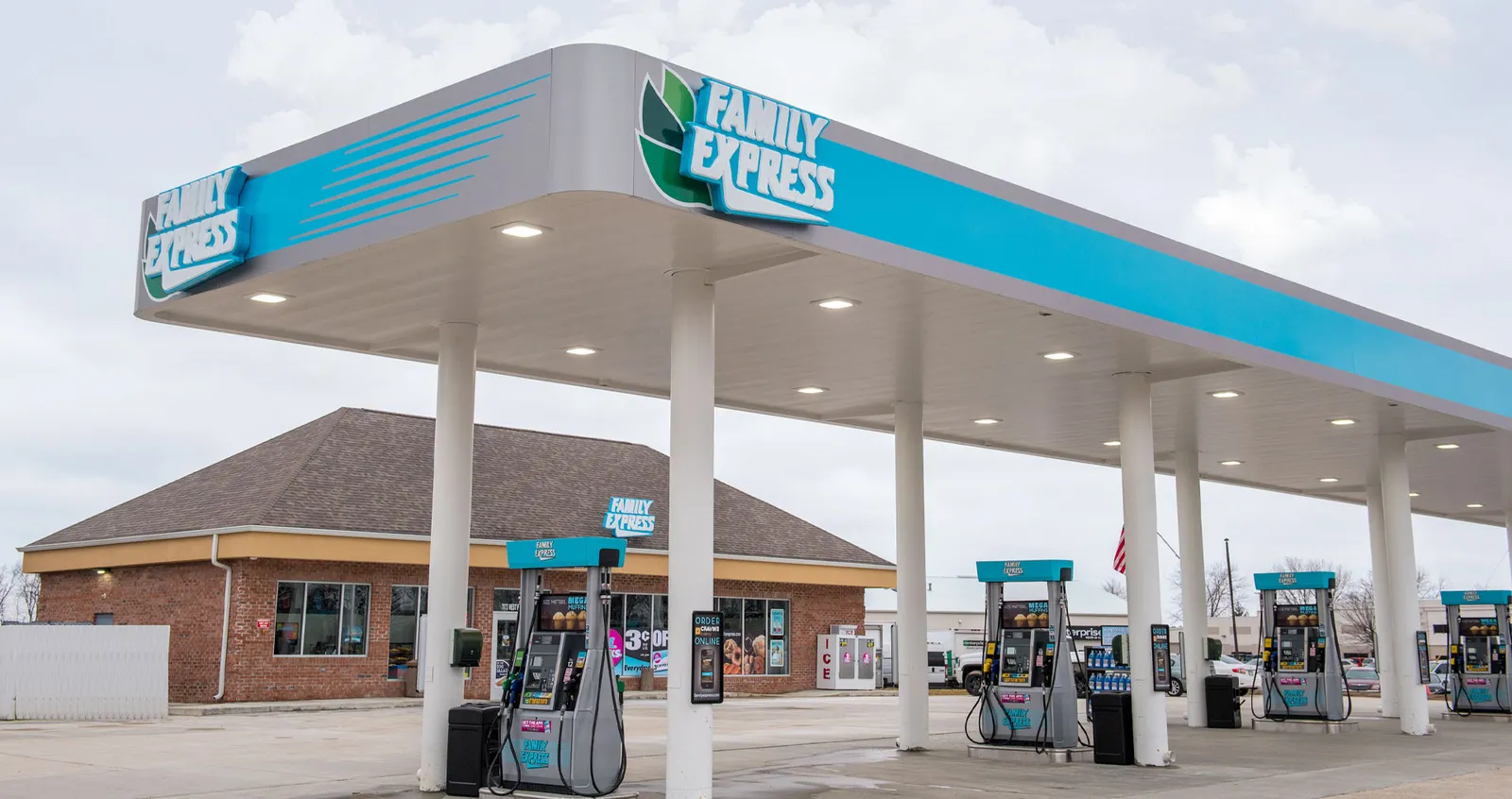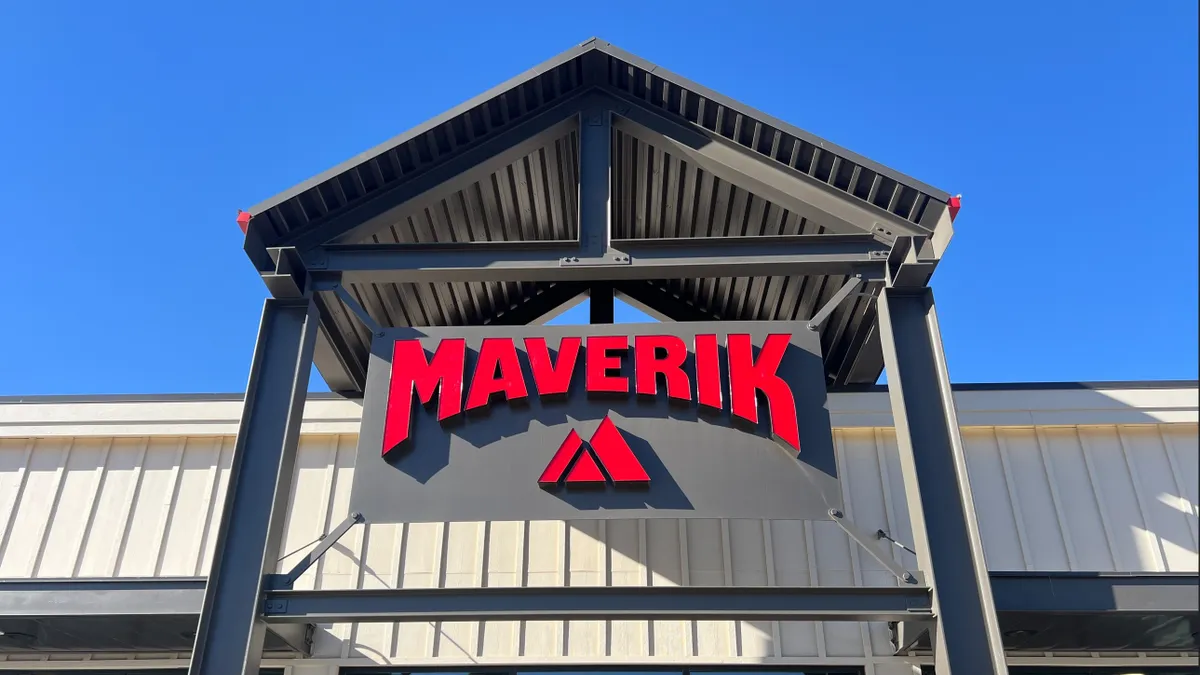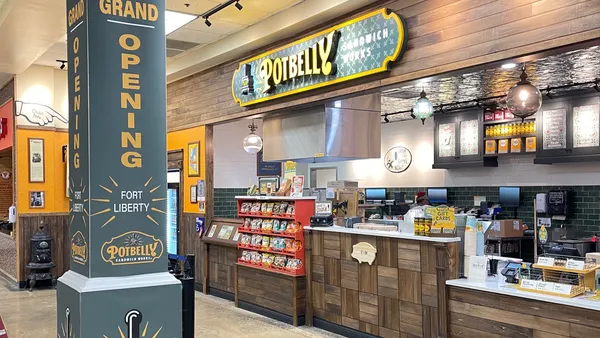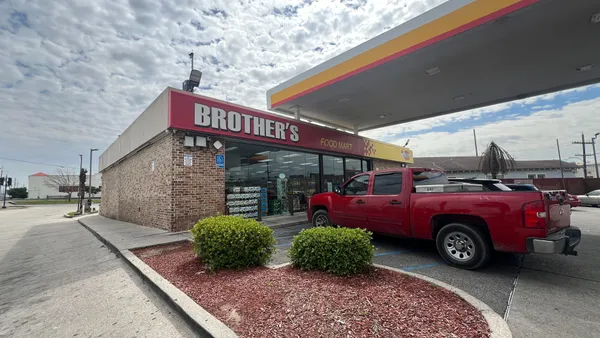Labor continues to be the biggest controllable expense c-stores grapple with, but some retailers are managing it much better than others.
Family Express, which operates about 80 stores in Indiana has managed to steadily increase its income per labor hour while having far lower turnover than the industry average, said Alex Olympidis, president of operations for the company.
Olympidis added that Family Express has changed how it thought about labor spending.
“Why we're all here is not to lower labor,” Olympidis said. “What we're here to do is to maximize gross profit dollars. So for maximizing gross profit dollars, it’s sometimes helpful to have more labor, and sometimes it will be helpful to have less.”
Speaking in an education session during the 2025 NACS Show, Olympidis explained that back in the early 2000’s, Family Express made about $60 for every hour an employee worked in the store. As of 2024, that number was above $160, and the company continues to seek ways to grow it.
“Each month, we're looking at time, motion analytics and tasks,” Olympidis said. “We're looking at what tasks don't need to be done [and] what tasks can be done more efficiently.”
The importance of retention
While turnover for the c-store industry improved in 2024 according to NACS data, it’s still over 100% for both full- and part-time workers.
Family Express’ turnover is at about 36%, Olympidis said, “and even that is worthy of lowering each and every day.”
“Each month, we're looking at time, motion analytics and tasks. We're looking at what tasks don't need to be done [and] what tasks can be done more efficiently.”

Alex Olympidis
President of operations for Family Express
Olympidis said that replacing a worker is costly. Hiring a replacement costs between $4,000 and $6,000, he said, and the business loses institutional knowledge when long-tenured workers leave.
One way the retailer seeks to keep workers in place is by providing a clear path to pay increases. Workers start at $15, moving to $16 after the first 90 days, since that’s where maximum turnover happens, Olympidis said. Additional raises are mapped out over a team member’s first five years, and more can be earned through taking additional responsibilities or by displaying exceptional performance.
To that end, Family Express also has regional development coaches to help prospective managers prepare for leadership roles before they become available, giving those workers another clear path forward. More than half of Family Express’ corporate team members started working in the company’s stores and developed their careers over the years.
Olympidis said that the company also aims to find the right fit for each role. Family Express screens about 50 applications for each role.
“We're spending a lot of time on making the right hire,” he said.

Different ways of thinking about labor
Family Express has set rules for employee duties. Stores often have two workers scheduled together, and if there are no shoppers inside, both employees should be doing tasks like restocking or cleaning. When a customer enters, one should attend to the register.
That setup continues unless there are three people in line and a fourth person is heading toward the registers, at which point the second worker will also move behind the counter until they’ve gotten most of the shoppers checked out.
The company also employs what it calls “shine associates” — cleaning-focused workers who rotate among a set number of locations. They have more powerful tools than regular employees, like industrial steamers or scrapers, and deep clean areas that need more work or are hard to address in between customers, like fuel pumps or bathrooms.
Olympidis said measuring these employees’ impact is “more on the art side than the science side, because there's no sales, there's no data.” But the impact can be seen in the photos these workers take of areas they’ve cleaned.
“I can tell you, if I took [the shine associate] away, our stores [would] revolt, because the most popular person on Earth is the shine associate who comes to clean your restroom for you,” Olympidis said.
He also said that the convenience retail industry needs to do a better job of highlighting the benefits of working in a c-store and the career growth potential to prospective workers.
“What a way to start a career,” said Olympidis. “What a way to grow and develop. We're great as an industry in doing that. I think we just need to explain that to people a little.”














